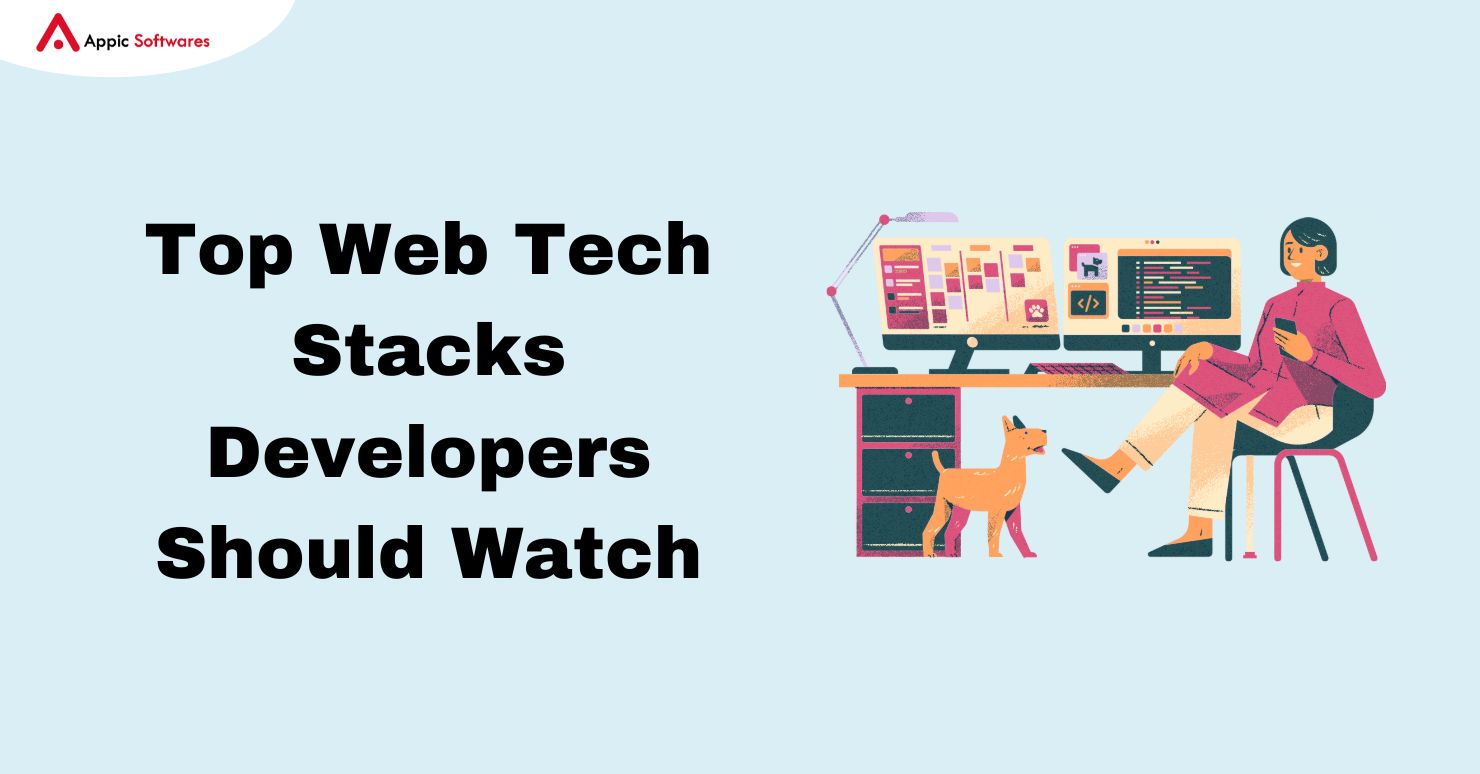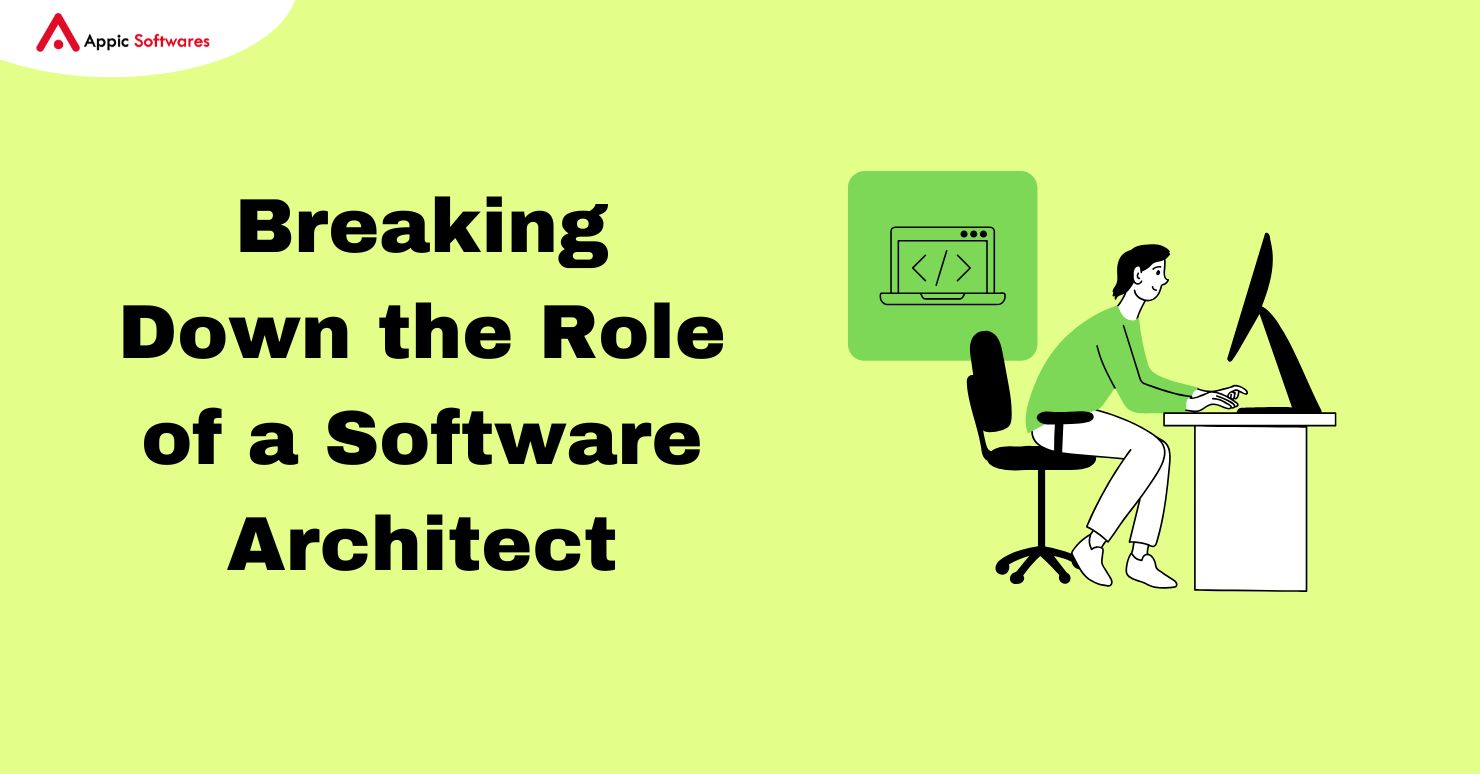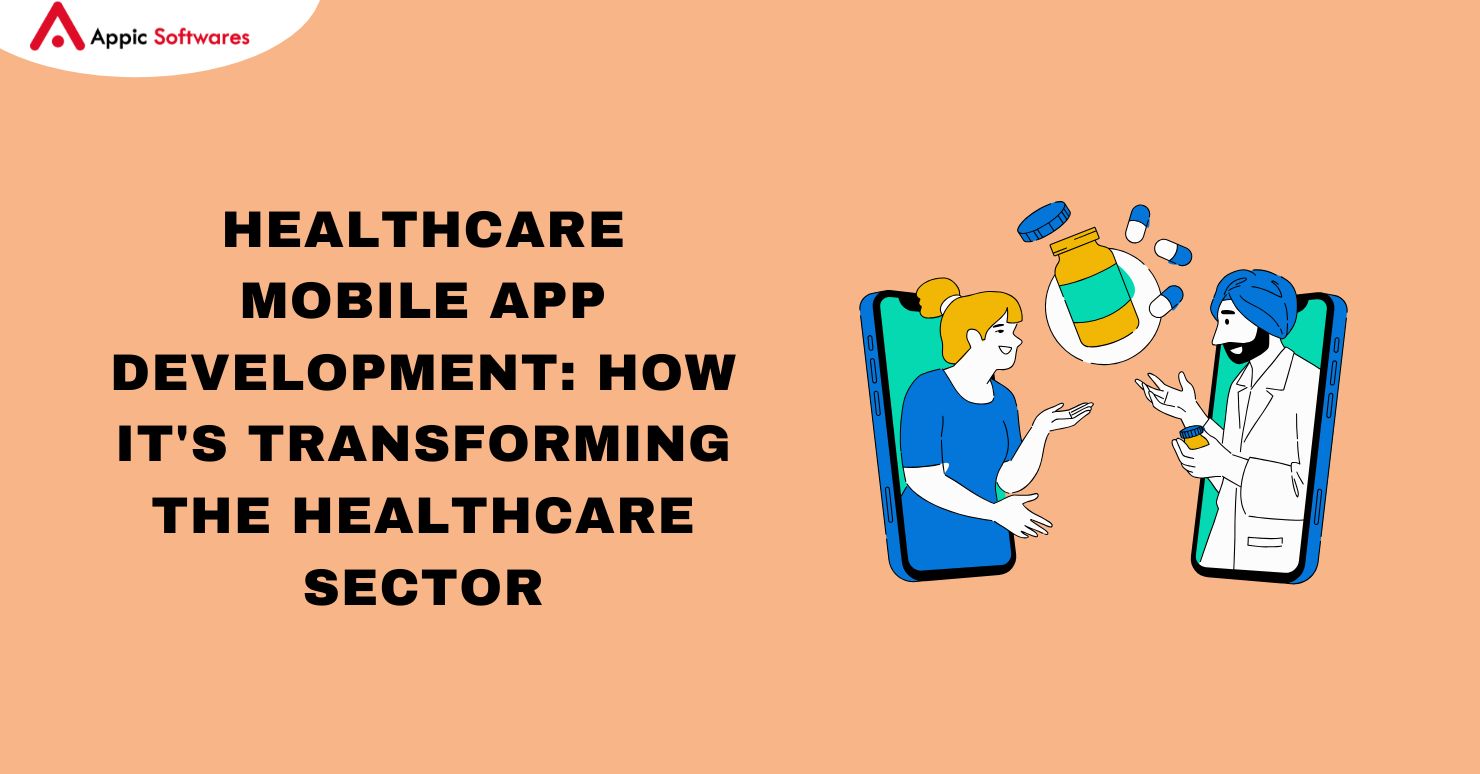
The use of AI agents in HR is growing fast. Many companies now use these tools to make work easier for staff and improve the work setting. In this post, we will talk about what AI agents in HR are, how they help HR teams, and how they change the way we work. We will also look at how much it costs to make these tools and what the future may bring. The use of AI agents in HR helps HR teams work faster, more fairly, and with less stress. Companies that use AI in HR can fill jobs quicker and help employees grow in their roles.
What Are AI Agents?

AI agents are a type of AI that is intended to work independently or semi-independently on certain tasks through algorithms and data analysis models. These can understand data, acquire information in the course of interaction, and make decisions to improve efficiency. In the human resources department, AI can participate in more tedious jobs such as screening resumes, responding to employee inquiries, and doing payroll, besides coming up with insights that may be useful for higher authorities.
In this area, it is helpful to note Types Of AI Agents. Unlike traditional software, AI agents are dynamic. They adapt based on real-time data and feedback, making them invaluable for the fast-paced demands of human resource management. For example, autonomous agents in AI can streamline recruitment by analyzing candidate profiles against job requirements.
What Are The Usecases Of AI Agents In HR?
Many cognitive operation functions in the HR domain are currently in the process of being performed through AI agents and the insight of these wise beings helps to improve decisions. Here are some areas in which the AI agents can be used:
-
Recruitment and Hiring
Below are some of the processes that take time that are eased by AI agents in recruitment:
- Recruitment: AI can go through hundreds and thousands of applications to select the candidates who have the potential to fit the company’s requirements.
- Candidate Matching: It helps in optimizing the matching of employers’ requirements to the various candidates applying for the job.
- Interview Scheduling: AI tools can plan interviews between the candidate and interviewers without the need for help from other individuals.
It enhances efficiency in the hiring process and also overcomes bias since recruiters do not have an opportunity to make a snap judgment about a candidate.
-
Onboarding New Employees
Mentoring is a process of orienting, which includes many documents, time tables for training, and organizational policy overviews. These agents also characterize what is referred to as AI Agent Features. Some of the ways through which AI agents make onboarding easy include:
- To help invoke an employee’s sense of obligation, organizations can provide tutorial scripts for new employees.
- One of the workflows that can benefit from being digitized is the document submission and compliance checks.
- Sharing of general information regarding the company and its operations through chatbots and toll-free numbers round the clock.
This helps all employees feel that they are backed up even from the first day at work.
-
Employee Engagement
With regards to time and attendance, employee self-service and adaptable leave management systems make it easy for workers to perform self-service operations and learn about the company’s polices, benefits, or development programs. These systems also capture feedback from the employees on sentiment regarding various aspects of a workplace, which can be tackled by the HR teams before it blows up.
-
Payroll and Benefits Administration
The general consequences which may be as a result of payroll errors include dissatisfaction among the employees. AI agents ensure accuracy by:
- Automating payroll calculations.
- Managing tax compliance.
- Flexible enrollment of the employees’ benefits according to their choices.
This also cuts on the costs incurred by eliminating the need to hire employees to conduct the operations, while at the same time increasing the efficiency of operations conducted in the organization.
-
Workforce Planning
AI agents use information about the human capital to make projections for things such as employee attrition or skills gap. This helps HR teams plan better for recruitment drives or training programs. In the area of day-to-day work, many of the teams have examples in real working conditions of AI agents. These are examples of how the tools are used in the exercise of tasks such as scheduling and performance monitoring. Also, it becomes easier to make strategic decisions regarding the promotions to grant or succession to do.
-
Training and Development
AI accurately discovers the deficiency of skill in its users and suggests courses of action to enhance the deficiencies that the user has. Since learning could be made more specialized depending on this personality’s achievement, it contributes to improved organizational performance and professional development.
How Much Does It Cost To Develop AI Agents In HR?
The AI Agent Development Cost depends on the complexity, functionality, and scope of the project. Below is a breakdown of the typical costs involved in creating AI agents tailored for HR tasks:
| Factor | Description | Estimated Cost Range |
| Basic AI Chatbot | Simple chatbot for HR queries and FAQs | $10,000 – $20,000 |
| NLP & Sentiment Analysis | AI-powered language processing for employee interactions | $15,000 – $30,000 |
| Resume Screening AI | Automated CV filtering and candidate ranking | $20,000 – $40,000 |
| Interview Scheduling | AI-based calendar and email integrations | $15,000 – $35,000 |
| Employee Onboarding AI | Automated onboarding assistance and document processing | $25,000 – $50,000 |
| Performance Analysis AI | AI-based employee productivity tracking | $30,000 – $60,000 |
| Predictive Analytics | AI-driven insights for employee retention & hiring trends | $40,000 – $70,000 |
| Integration with HR Software | Connecting AI with HRMS, ATS, Payroll, etc. | $20,000 – $50,000 |
| Custom AI Model Development | Tailor-made AI solutions for specific HR needs | $50,000 – $80,000 |
| Ongoing Maintenance & Updates | Support, upgrades, and AI model retraining | $10,000 – $30,000/year |
What Are The Future Trends Of AI Agents In HR?
The future for AI agents in HR looks bright. Many experts expect that more HR teams will use these tools as time goes on. They predict that these systems will get better at talking with people and handling more work. Many companies will see a drop in the time it takes to fill jobs and answer questions. AI agents for HR can help HR teams work faster and with more fairness. Here are some upcoming trends of AI Agents in HR:
| Trend | Description | Impact on HR |
| AI-Powered Recruitment | AI automates resume screening and candidate ranking | Faster hiring, reduced bias |
| Chatbots for HR Queries | Virtual assistants handle employee FAQs & HR support | 24/7 availability, reduced HR workload |
| Sentiment Analysis | AI analyzes employee feedback and emotions | Improved workplace culture |
| AI in Employee Onboarding | Automated training and document processing | Faster onboarding, better engagement |
| Predictive Analytics for Hiring | AI forecasts hiring needs and employee retention | Data-driven hiring decisions |
| AI-Based Performance Tracking | AI monitors productivity and performance trends | Fair evaluations, proactive management |
| Diversity & Inclusion AI | AI removes bias in hiring and promotions | More inclusive workplace |
| AI-Powered Learning & Development | Personalized employee training using AI | Skill enhancement, career growth |
| Voice & Sentiment Recognition | AI understands employee emotions from voice/tone | Enhances employee engagement |
| Automated Interview Scheduling | AI schedules interviews based on recruiter and candidate availability | Saves time, improves efficiency |
| AI-Driven Workforce Planning | AI predicts staffing needs and workforce trends | Better resource allocation |
| Integration with HRMS & ATS | AI seamlessly connects with HR software | Centralized data management |
In the coming years, we may see these tools work with more types of data. They may work with social media and other online tools to get a full view of a candidate. With more data, these systems may help to choose staff that fit best with a company’s work style. This work can make HR teams feel less burdened. The tools also help with training new employees and answering common queries. As the tools improve, they may work with more languages and styles.
Firms that use artificial intelligence in HR often see that the work gets simpler. They find that the agents help the HR team work clearly. With a clear plan for the future, HR teams can see a boost in work speed and a drop in errors. Companies that use AI in human resource management are also likely to use these tools to help with staff growth. The use of AI agents in HR is a step toward better work habits and faster decisions.
Conclusion
The use of AI agents in HR brings many clear benefits to companies. These tools make work faster and fairer for HR teams. They help with sorting resumes, setting up interviews, and answering employee questions. HR teams see that the use of AI agents in HR makes the work clear and less tiring. They also help to cut down on work time and reduce mistakes. Companies that use AI Agents for HR and AI in HR recruitment see the positive effects in their work.
Looking for an AI Agent Development Company?
Contact Appic Softwares today to see how AI can make your HR tasks easier, faster, and more efficient. Let’s build a smarter workplace together! So, what are you waiting for?
FAQs
How do AI agents improve recruitment?
AI agents enhance recruitment by automating resume screening, matching candidates with job requirements, and reducing biases in the hiring process. They analyze candidate data to shortlist the most suitable applicants based on skills, experience, and past performance. Additionally, AI can schedule interviews, conduct initial assessments, and provide insights into hiring trends, enabling HR teams to make faster and more informed hiring decisions.
Can AI agents replace HR professionals?
AI agents are not meant to replace HR professionals but rather to assist them. While AI can handle administrative and repetitive tasks such as screening resumes, answering employee queries, and generating reports, it lacks the human touch required for decision-making, conflict resolution, and workplace culture development. HR professionals remain essential for providing emotional intelligence, strategic planning, and personalized employee support.
How does AI improve employee onboarding?
AI significantly improves the onboarding process by automating document verification, providing interactive chatbots for employee queries, and personalizing training programs. AI-driven onboarding systems can guide new hires through company policies, benefits, and required tasks, ensuring a smooth transition into their roles. This automation reduces the workload on HR teams and enhances the overall onboarding experience for employees.
Is AI in HR biased?
AI has the potential to reduce bias in HR processes by focusing on objective data such as skills and qualifications rather than demographic factors. However, AI models can still inherit biases from historical data used for training. To minimize bias, organizations need to regularly audit AI systems, use diverse datasets, and implement fairness checks to ensure AI-driven decisions are equitable and non-discriminatory.
How do AI chatbots help in HR?
AI chatbots provide round-the-clock assistance for employees by answering frequently asked questions related to leave policies, payroll, benefits, and company regulations. These chatbots can also automate leave requests, conduct employee surveys, and facilitate internal communication. By handling routine inquiries, AI chatbots free up HR professionals to focus on more complex and strategic HR functions.
What is predictive analytics in HR?
Predictive analytics in HR uses AI to analyze employee data and forecast key workforce trends. It helps organizations anticipate employee attrition, optimize workforce planning, and identify training needs. By leveraging AI-driven insights, HR teams can proactively address issues such as employee dissatisfaction, talent shortages, and performance gaps, ultimately improving retention and productivity.








